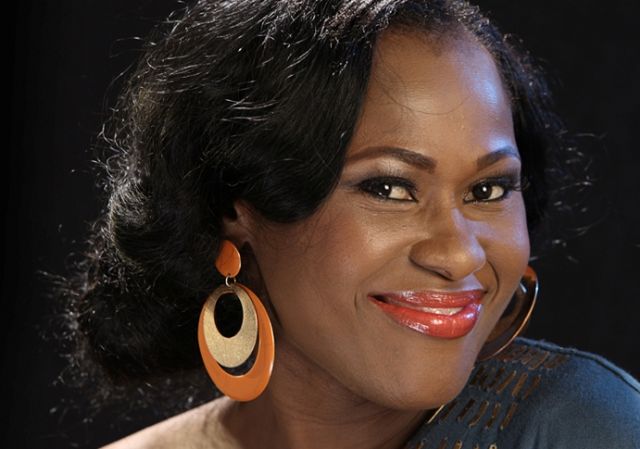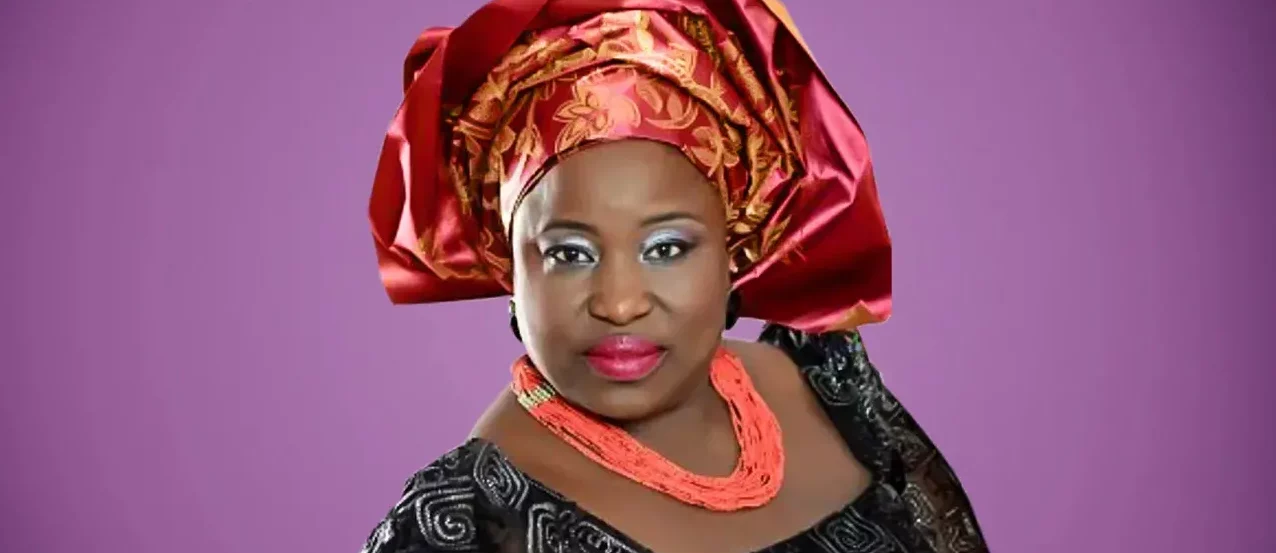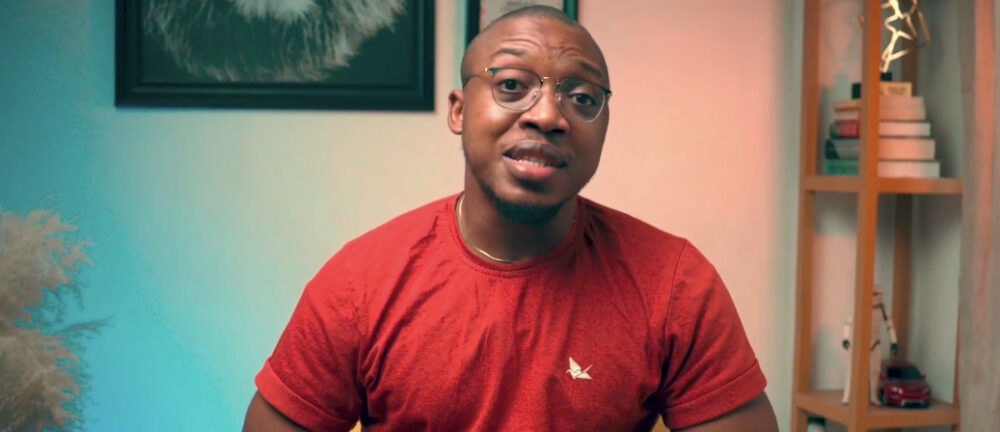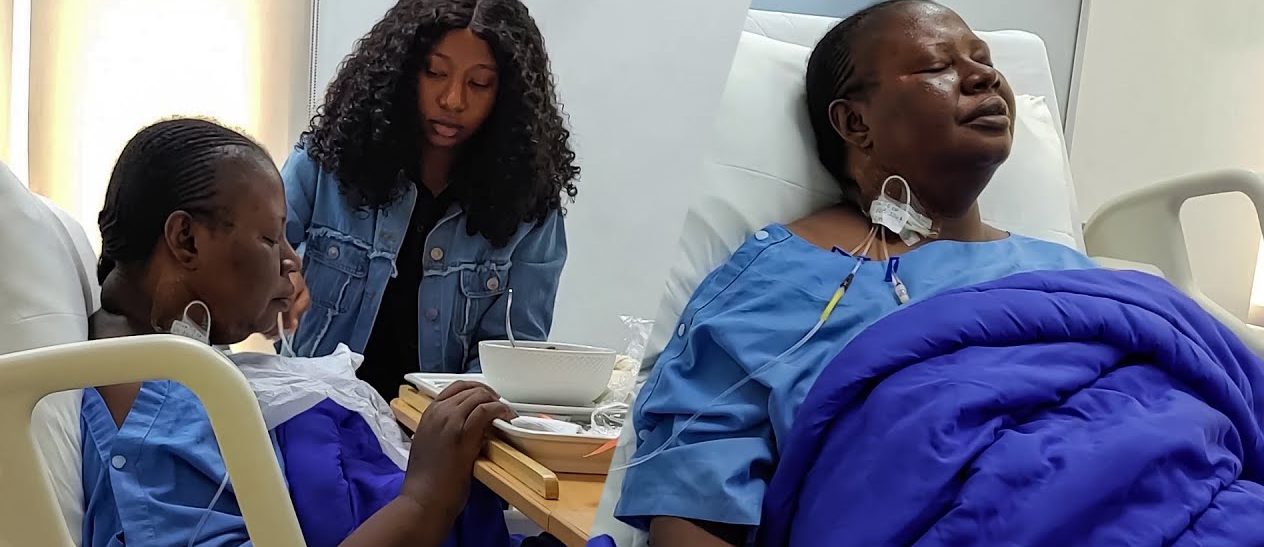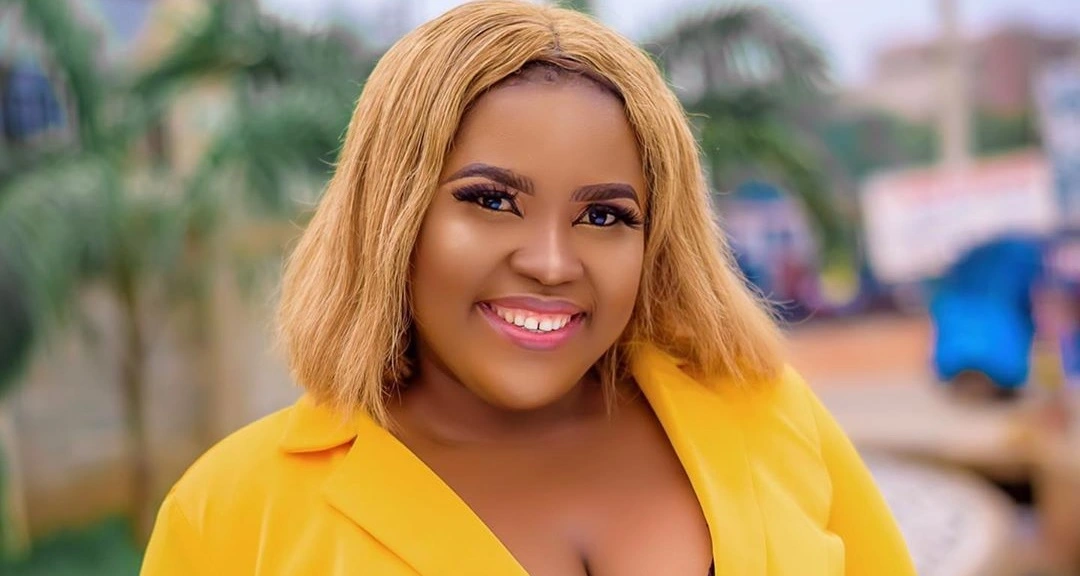
He was expected to expire three months ago. But Rilwan Omosun is still alive, waiting to die from years of congestive heart failure, kidney disease and stroke that paralysed him. Doctors at North West Hospital in Baltimore, Maryland, concluded that he had one year to live. That was March 1, 2013. This week, Rilwan Omosun, former editor of Evening Times, received a pacemaker, inserted into his heart to help regulate his heartbeat.
He wrote, “Jebose, the pacemaker would assist with regular heart beat. I have no strength and breathing is a problem. I have shortness of breath. I go for dialysis treatment on Mondays, Wednesdays and Fridays. The treatment exercise leaves me very weak and pale. I am always tired. Everyday, I struggle with pain; engaging in the simplest daily chores such as using the bathroom, is a huge task for me. I don’t have regular assistance.
It’s difficult to pull from bed, drag into my wheel chair, roll to the kitchen and prepare a meal. My brother, nobody deserves to live this miserably and in pain. I can’t afford to miss any day for dialysis treatment. If I did, the fluids would build up in my lungs and breathing would be extremely difficult. So, I continue to wait for death. I am at peace with dying. I know it’s going to be a dignified death. Jebose, it’s in God’s hands, any day now.”
The roadmap to his present destination began in 1990 when he walked away as sports editor of Nigeria’s first evening daily paper, Evening Times, a subsidiary of The Daily Times and relocated to the United States.
“ I wanted to seek professional excellence with available opportunities in the world’s free press. I arrived Baltimore to live with my nephew. Baltimore wasn’t accommodating. Few months after I arrived, my cousin in Houston, Texas, suggested I joined him in the Lone Star State because integration for immigrants was easier in the deep South.
He promised to assist in facilitating and subsequently, obtaining work permit and social security for employment. Desperately seeking America the beautiful, I moved to Houston. I was new to the land of the free but naive, timid with no formal training, information or survival guide-kit to a settler’s guide to America.”
Rilwan shared an apartment with his cousin. Few days after arrival, he began to navigate through lifestyle and hustles of a mega city in southern United States; eager for the right opportunity in the employment market. His first break came when he received a social security card. The social security card would forever change his life.
His cousin allegedly used Rilwan’s social security numbers to commit series of financial fraud that altered Rilwan’s credibility, stained his character, personality and affected his health.
“My cousin gave me applications and forms to fill after I arrived in the state. I never asked questions. I was new and naive; I trusted him. He was my only family in a new city. So when the social security card came, I felt he was indeed genuine. He would continue to bring me applications to fill or I would sign the ones he filled on my behalf, importing my social security numbers to the forms.
I trusted everything he said. I didn’t know I was aiding and abetting his fraudulent and criminal activities. My cousin betrayed me by stealing my identity to commit serious bank and credit card fraud,” he lamented.
Rilwan was secretly being monitored by the Federal Bureau of Investigations. Six months after he entered Houston, he was stopped during an early morning traffic, immediately arrested and charged with alleged $450,000 credit card and bank fraud.
“I willingly and ignorantly surrendered my priced information to my cousin, my protector and guardian in a strange country. He used my information against me. I began a long fight with America’s justice system to clear my name. My identity had been stolen by a most trusted family who used it to commit a financial felony punishable by long jail term. I was immediately taken to the Immigration Centre and detained. Bail was however set; my girlfriend bailed me. After years of court arguments and investigations, I was exonerated.
My girlfriend and I felt uncomfortable with this new challenge in our young lives and we decided to move back to Baltimore, Maryland and allowed our hired investigators and lawyer to continue representing me in Houston. “In one of the most outstanding coincidences of life, I was inside a Baltimore Department of Motor Vehicle office changing my Texas State driver’s licence at 10a.m while another Rilwan Omosun was tendering a Texas State driver’s licence identification in a bank at 9.30a.m, in Houston, same day.
When investigators gathered intelligence and evidence, my cousin was arrested for fraud and identity theft. The judge ruled I was a victim of identity fraud. My case was dismissed. The stress of these shenanigans took a deep chunk off my soul. Alicia, my girlfriend and I got married in 1993.
We started a new life, three years after our marriage, we were blessed with a beautiful baby girl, my daughter, Habiba. Five years after Habiba was born, I was diagnosed with kidney failure and began dialysis treatment. The following year, I had a massive heart attack. The pressure of being torn by the system was severe on my health. I was able to get medical treatment through my wife’s health insurance coverage. In 2000, I had a serious stroke that paralysed and disabled half of my body. I became handicapped.
The burden of my health was too stressful for my wife and our marriage. She could not handle my care alone. We divorced one year after I suffered stroke. My wife left because she could no longer care for a husband battered by heart attack, kidney failure and rendered useless by stroke. Two years after she left, she, too, a had stroke. Our daughter is now 18.
“I am a victim of identity fraud. I am also an undocumented immigrant. These circumstances have altered my American dream and life here. I am terminally ill, illegal alien and on dialysis. Years of dialysis have given me osteoporosis disease(bone disease). My joints are weak. My bones ache everyday. I was placed on kidney transplant donor list but my medical emergency insurance would not cover transplant surgery.
You must have insurance to be able to qualify for the operation. I had a medical emergency insurance coverage privileged illegal aliens on humanitarian grounds. It does not cover certain long term illnesses. “My brother, it’s amazing that I tell you these as I await death any day now. I have faith. But I am also a realist. I am three months past the doctors’ expiration period for me.
I know I have less time to live. I don’t have time to be angry. I have lived in the US for 24 years. I enjoyed eight years of good health. I have spent 14 years on dialysis and I’m disabled by stroke. It’s been one year since I began this fight with congestive heart failure. Jebose, life happened to me. I happened to life.”
Culled From Punch
Click the link below to go to…
Dakore Akande Gets Baby Girl In America
Ebony Magazine Proves To Dencia That Whitening Products Can Cause Cancer
Timaya Set To Marry Baby Mama?
Sunny Neji Believes Corruption Has Become A Normal Practice
Joke Silva, Olu Jacobs Publicly Display Affection
EXCLUSIVE: Mr Latin’s Sibling, Kola To Wed Heartthrob In America Feb 15
